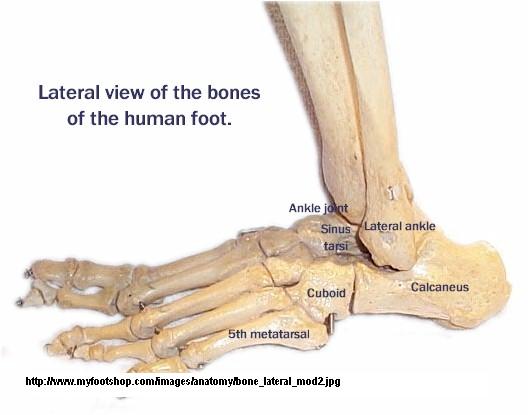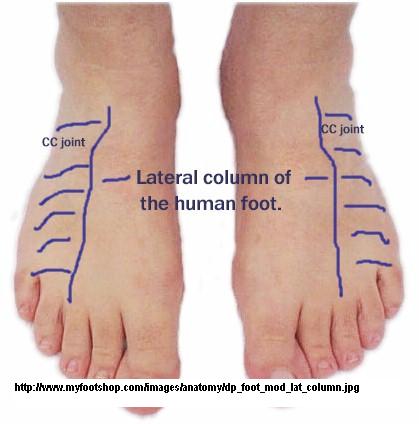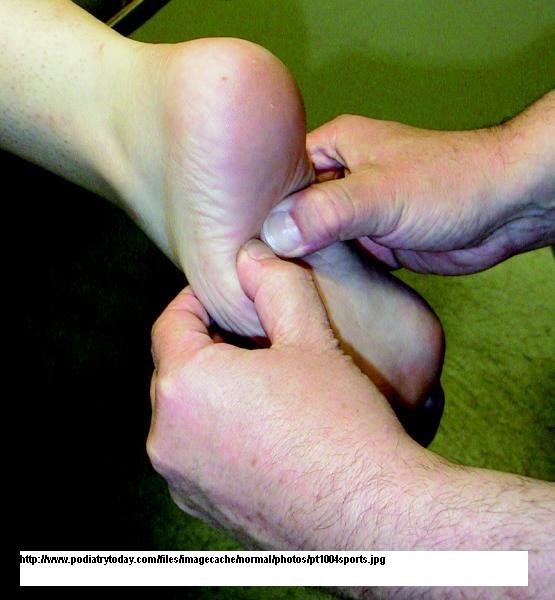I received the following message:
“Very interesting read, i’m on 4 days after left side inguinal hernia repair with incision and mesh. No full anesthesia. 2 mornings after surgery, after waking up the 2nd time, the back of left knee was in pain, could not straighten or bend over 90 deg. Called in to doc in morning and went back to hospital for a venus doplar check for a blood clot. It was negative. Now 4 days later and this afternoon, pain persists, but additional pain above the left knee cap, extremely painful, tender to the touch, and a bit inflamed. Doc never mentioned any to these type pains, just take some extra aspirin. So next move?……dunno”
It sounds more like a local knee problem. One wonders if the knee was tweaked in an un-natural position for surgery and this led to knee concerns. One thing that people are unaware of is that many knees have silent cartilage tears just waiting for the right circumstances to flare the knee. see article
A local problem would be suggested if the knee was inflamed – the typical signs being:
pain
swelling
tenderness
limited range of motion
pain on weightbearing
increased heat on testing with back of hand
rarely redness
It sounds like your have some of those findings including the swelling.
To start with, pain behind the knee when a Deep Vein Thrombosis has been eliminated is often a ruptured baker’s cyst:
Baker’s cyst simulating deep vein thrombosis
Clinical Radiology
Volume 41, Issue 6, June 1990, Pages 400-404
R. Chaudhuri*, and R. Salari�
reference here
A detailed ultrtasound would have noted it but maybe they were only looking for a DVT. These cysts pop out of the back of people’s knees as a result of old age changes in the knee joint. A cortisone shot often settles them.
They fact your knee is locked suggests a cartilage tear is causing an internal derangement as well. A cortisone shot would cool it down but not fix it. Knee manipulation techniques sometimes help but I find they aren’t as useful when the joint is “hot”. A good start would be keep off it, Ibuprofen, intermittent ice to area, and a tensor – this is best handled by your physician. Ibuprofen can have potential hazards and you need to read them. Good luck.
Any other suggestions?
addendum:
“Thanks for your reply and links. I will take a look at these. Now 7days after surgery, i woke up this morning about 5am, and I now have extreme pain in left foot, on top outside area. Hurts to lift up on toes, or stand/walk. Waiting for doc office to open to call. The previous pains behind knee and above knee cap are magically gone — started diminishing as of Saturday, and gone by yesterday. Been taking one dose daily of 325mg Aspirin. I would rule out any cysts, since I don’t have any bumps showing, nor can I feel any. As for DVT – not sure if the Nurse that did my venus doplar survey (ultrasound) 2days after surgery, was looking for that. She was looking for blood clots in the leg veins. I asked her about arteries, and she said, that wouldn’t be the case since I had no pain below the knee at the time and there was no tingling or discoloration in the lower leg. So now I’m guessing blood clot again and it’s moving due to the magic onset and diminishing of the pain??? ”
Comment:
DVT is a blood clot in leg but doippler ultrasound only looks for big deep ones. If you had a small skin one on the foot that would be missed. You should find a small, very sensitive skin lump in area. Another very painful issue in the leg is a dropped cuboid seen in the lateral (outside)midfoot:


This can be very painful but manipulated by:

I usually stretch and flick foot like a fishing rod while I press down on cuboid. You can also put a pad under the cubois but have to be careful not to include the end of the 5th metatarsal. I have attempted to manipulate the cuboid on myself by just pushing up over the right area….

Thanks for your reply and links. I will take a look at these. Now 7days after surgery, i woke up this morning about 5am, and I now have extreme pain in left foot, on top outside area. Hurts to lift up on toes, or stand/walk. Waiting for doc office to open to call. The previous pains behind knee and above knee cap are magically gone — started diminishing as of Saturday, and gone by yesterday. Been taking one dose daily of 325mg Aspirin. I would rule out any cysts, since I don’t have any bumps showing, nor can I feel any. As for DVT – not sure if the Nurse that did my venus doplar survey (ultrasound) 2days after surgery, was looking for that. She was looking for blood clots in the leg veins. I asked her about arteries, and she said, that wouldn’t be the case since I had no pain below the knee at the time and there was no tingling or discoloration in the lower leg. So now I’m guessing blood clot again and it’s moving due to the magic onset and diminishing of the pain???
I had a knee problem 9 years ago at the age of 35. It started with a stiff right hand calf in the mornings, but the introduction of an hose (to keep muscle warm) immediately shifted the pain and difficulty to the knee, to the extent of difficulty walking. MRI scan later, plus key hole surgery – I was told of a lax and inrepairable cruxiate ligment (posterior?) – cartilige flap was trimmed and joint cleaned. Ever since, much better but still occasional right knee-locks and right/outer side stiffness/pain (cleared by vigourous rubbing on back inside of knee).
Four years ago, I had a right hand side hernia-op (key-hole with mesh). I now always associate returning pain/stiffness in the knee with the hernia/bowel pressure (I have a small LHS hernia, but no discomfort and op is unnecessary). When mentioning association with hernia and knee pain to doctors on several occasions, they have dismissed the possibility immediately. I have NO doubt the two are related in some way. I sometimes wonder whether treating the hernia before the knee op might have avoided playing about with the knee in the first place.